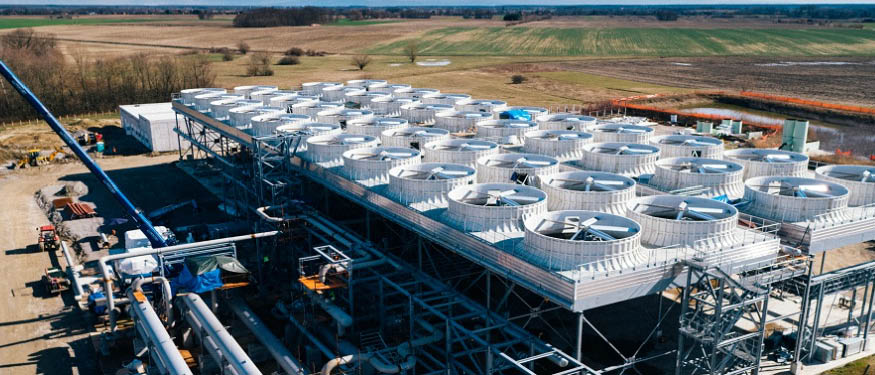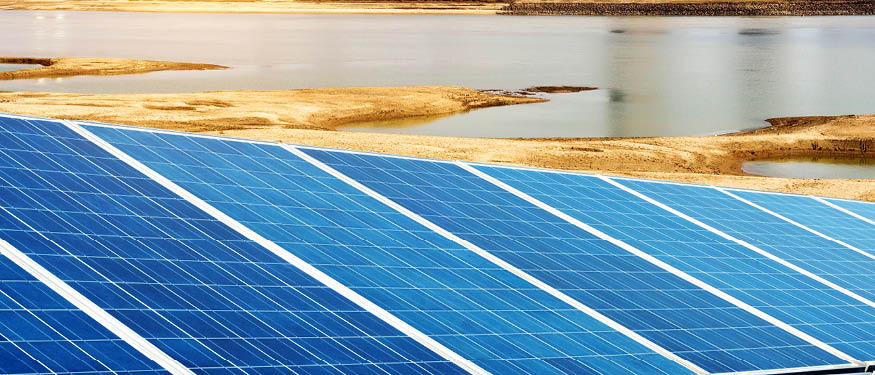Real estate is responsible for around 40% of global greenhouse gas emissions. Given the industry’s high impact, a comprehensive decarbonization strategy is essential. As environmentally conscious investors and tenants focus on zero-carbon buildings, green building ecosystems and life-cycle assessments become necessary. Accordingly, green building certification processes are needed to ensure that habitats are environmentally sustainable. These certification processes assess many building components, from ventilation systems to insulation materials, for their impact on human and environmental health.
Turkish Construction Industry
With the employment and value it creates, the construction industry is the locomotive of the Turkish economy. As one of the central pillars for achieving the goals stated in the Declaration of National Contributions, it therefore plays a crucial role in the country’s sustainability initiatives. It is also evident that ensuring sustainability by maintaining a decarbonization strategy and establishing energy efficiency projects has a huge impact on the industry and, therefore, sound guidelines for creating a sustainable construction industry in the future are needed.
Regulatory Developments
Creating a national legal infrastructure to facilitate circular economy models within the construction value chain is of the utmost importance. Turkey has taken concrete steps in this direction over the last two decades by developing policies and legislation on energy efficiency, which is one of the main pillars of a sustainable housing model. Although the 10th and 11th National Development Plans and the National Energy Efficiency Plan provide a good perspective on how Turkey intends to exploit its huge potential for a circular economy, the most important legislation is the Energy Efficiency Law No. 5627 and the Energy Performance of Buildings Regulation (Regulation), both of which aim to reduce the total cost of Turkey’s energy consumption.
A recent piece of legislation is the Communique on the Implementation of Green Certificates for Buildings and Settlements (Communique), published in the Official Gazette on June 9, 2021, which sets out the assessment guidelines for green buildings under the regulation of the same name. According to the Green Certificate Assessment Guide, published as a supplement to the Communique, buildings are assessed in six modules, including the assessment of building materials and life cycle. As a result of the assessment, buildings are certified at one of four levels: Pass, Good, Very Good, and National Superiority. These certificates are valid for the lifetime of the buildings. Unlike other certification systems, the Turkish Green Certificate System includes assessment criteria for disaster management.
In addition, Turkey has been working on further steps to be taken towards a greener world in the future. In addition to the Green Deal Action Plan, which emphasizes the importance of the circular economy, the Climate Change Action Plan 2011-2023 sets out three main long-term goals for buildings: increasing energy efficiency in buildings, increasing the use of renewable energy in buildings, and limiting greenhouse gas emissions from housing. The Regulation is indeed an effective instrument to achieve these objectives as it provides solid commitments regarding the concept of energy-efficient building. It is anticipated that the Climate Change Action Plan 2023-2030, expected in the fourth quarter of 2022 according to the Green Deal Action Plan, will include further measures for greener real estate.
Last but not least, according to the latest regulation published by the Ministry of Environment, Urbanization, and Climate Change on February 19, 2022, starting from next year, buildings with a total floor area of more than 5,000 square meters will have to be built as “near-zero energy buildings” (i.e., buildings that have a high energy performance and use renewable energy to a certain extent), with the obligation to use at least 5% renewable energy and achieve an energy efficiency rating of Class B or higher.
Conclusion
The construction industry has enormous potential for the circular economy due to its high material consumption, labor-intensive nature, and long-term impact on the overall economy. Accordingly, a sustainable Turkish construction sector will address the main issues arising from urban growth, climate change, and renewable energy with a comprehensive perspective. The regulatory instruments for Turkey’s green transition are crucial for developing a building stock that adds sustainable features to the value chain.
By Done Yalcin, Managing Partner, and Arcan Kemahli, Counsel, Yalcin Babalioglu Kemahli in Cooperation with CMS
This Article was originally published in Issue 9.3 of the CEE Legal Matters Magazine. If you would like to receive a hard copy of the magazine, you can subscribe here.

























